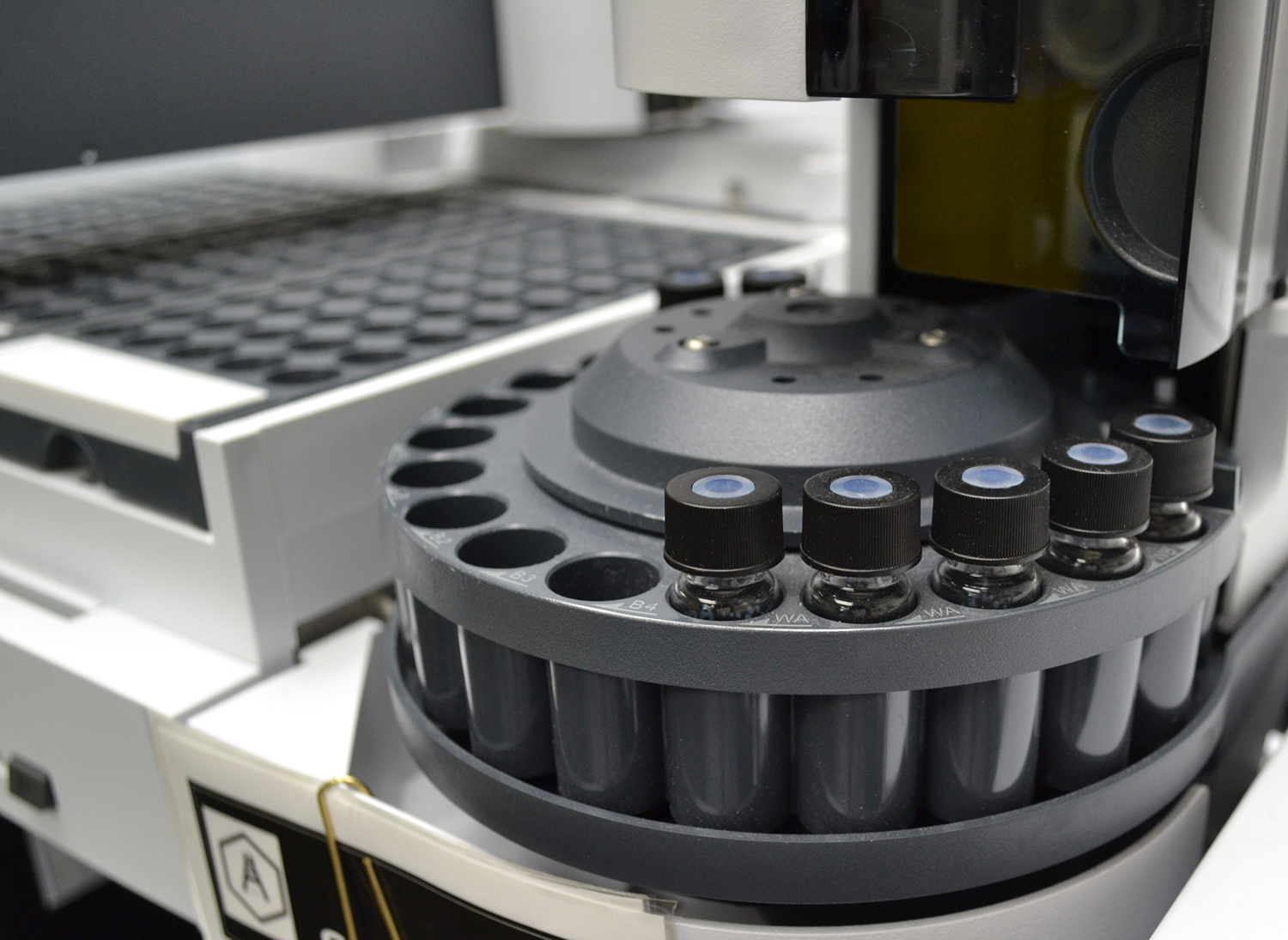The use of herbal standards and phytochemical substances has become a common occurrence over the years. Herbal standards are implemented in phytochemical substances to create a pool of products to cater to specific segment—that includes the insinuation of treatment for peculiar afflictions. Of course, the herbal standards and phytochemical substances differ in their temperament; both are heavily based on the empirical knowledge and experiments conducted over the years. Herbal medicinal products constitute to play a major role in global healthcare by offering products that are free from any substances made in the lab.
It is no surprise that herbal medicinal products are required to fulfill a number of statutory requirements that pertain to their formation, manufacture, constitution, testing, storage, and distribution. It implies that the reference substances should be applied and verified to calibrate the testing variables that are implemented within the framework of quality control to comply with stipulated regulations.
Need for testing herbal standards and herbal products
Similar to phytochemical substances, herbal standards should be tested and verified thoroughly before they are implemented on a particular batch of pharmaceutical drugs. Herbal pharmaceutical products are required to go through a stringent and effective quality control to ensure consistency and safety of the products that are manufactured and to ensure that they meet the established and recommended quality standards. It also excludes the likelihood of the possible toxicity in the herbal plants used to make the products.
Reliable analytical standards are required to determine and execute the quality control of herbal medicinal products and one of the most preferred substances to verify the quality of the batch of pharmaceutical drugs—are known as phytochemical substance. It is a chemical compound released by the plants. It is mainly utilized for the quality control and quality check purposes of herbal medicinal products. Phytochemical substances are branched out to Alkaloids, Glycosides, Polyphenols, and Terpenes.
Role of phytochemical Substances in the quality control of herbal products
Phytochemical substances propel a set of techniques which namely includes extraction, structural elucidation, isolation, and preparation of natural and herbal products. While manufacturing natural and herbal products—the biologically active compounds in them are not elucidated, and they could potentially contribute to the manufacturing of a defected batch, and not be suitable for use anymore.
The phytochemical substances are utilized to screen and analyze the bioactive ingredients that prove beneficial in executing the quality control of rudimentary drugs along with the clarification of the therapeutic mechanisms initiated by them. Phytochemicals play an imperative and integral role in the preparation of medicines and cosmetics that compromise of antimicrobial agents—commonly known as anti-oxidants. Phytochemical substances are implemented in the manufacturing of herbal-based products, and the benefits and advantaged garnered by them has earned universal approval.

